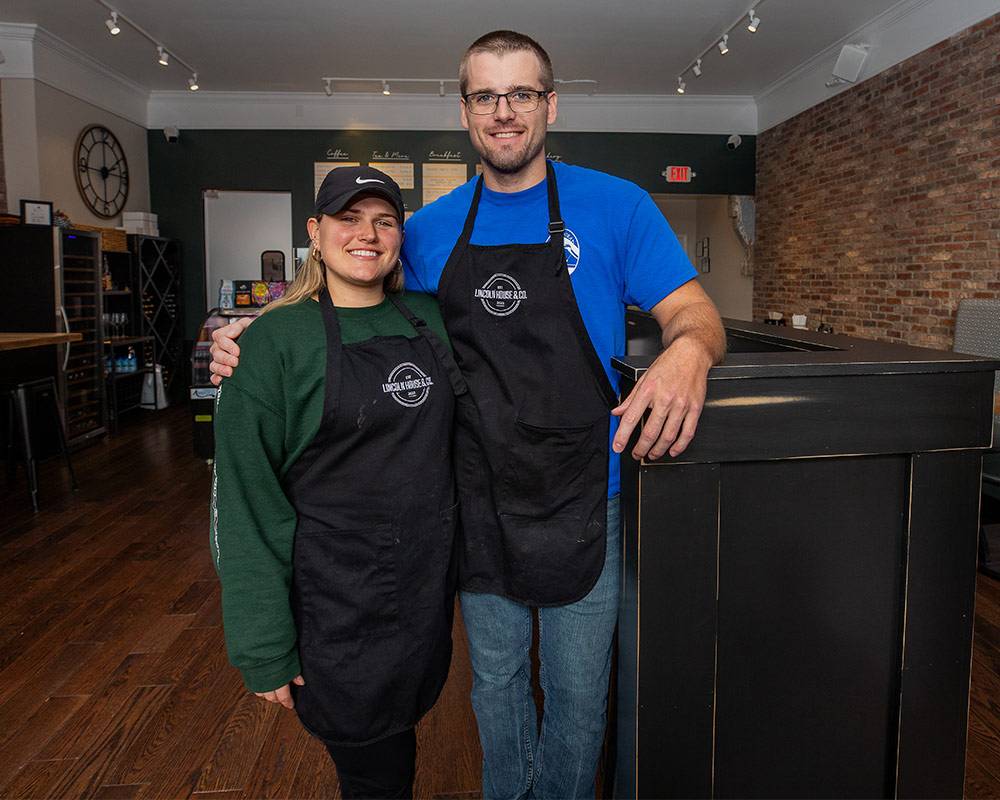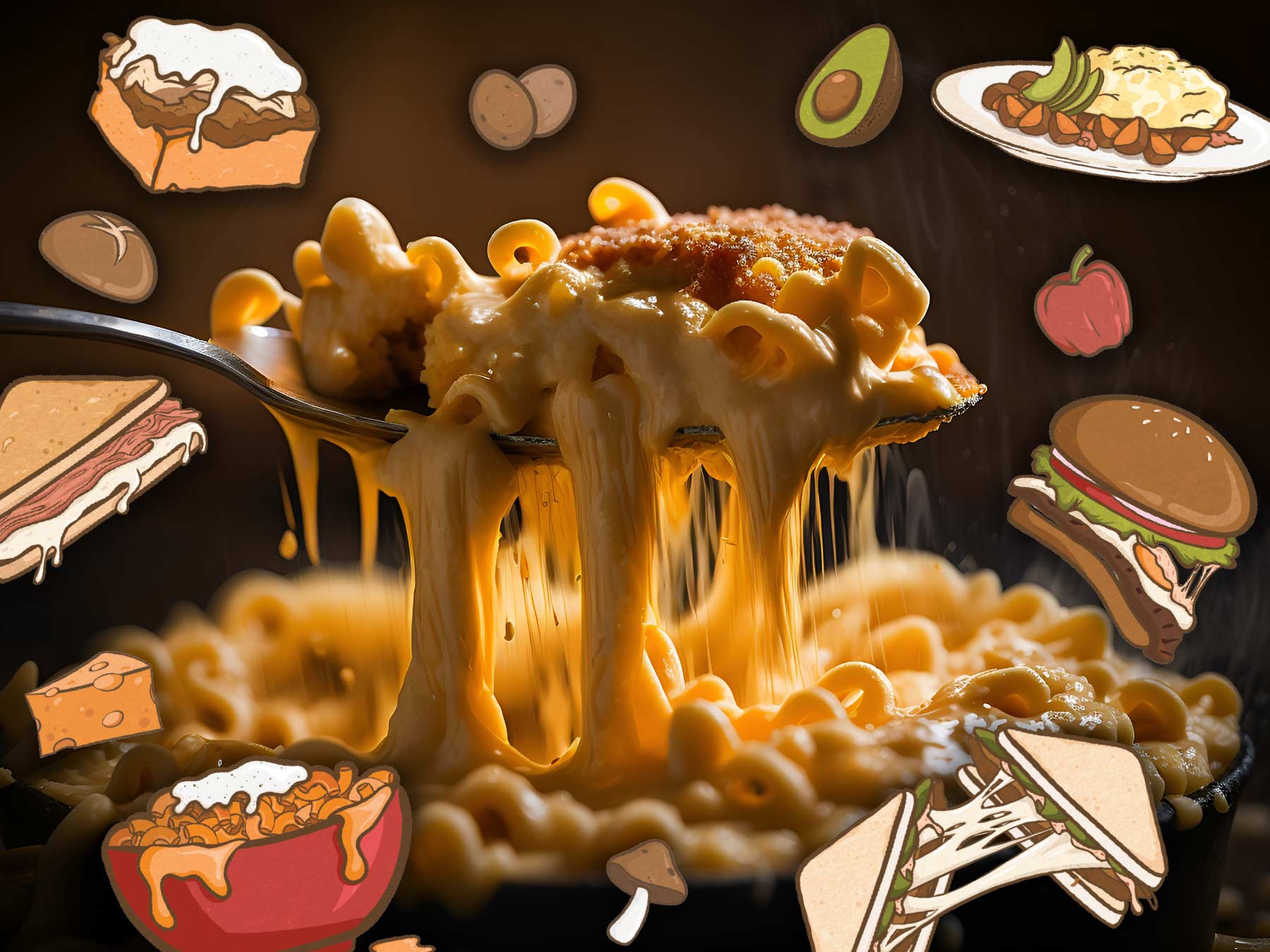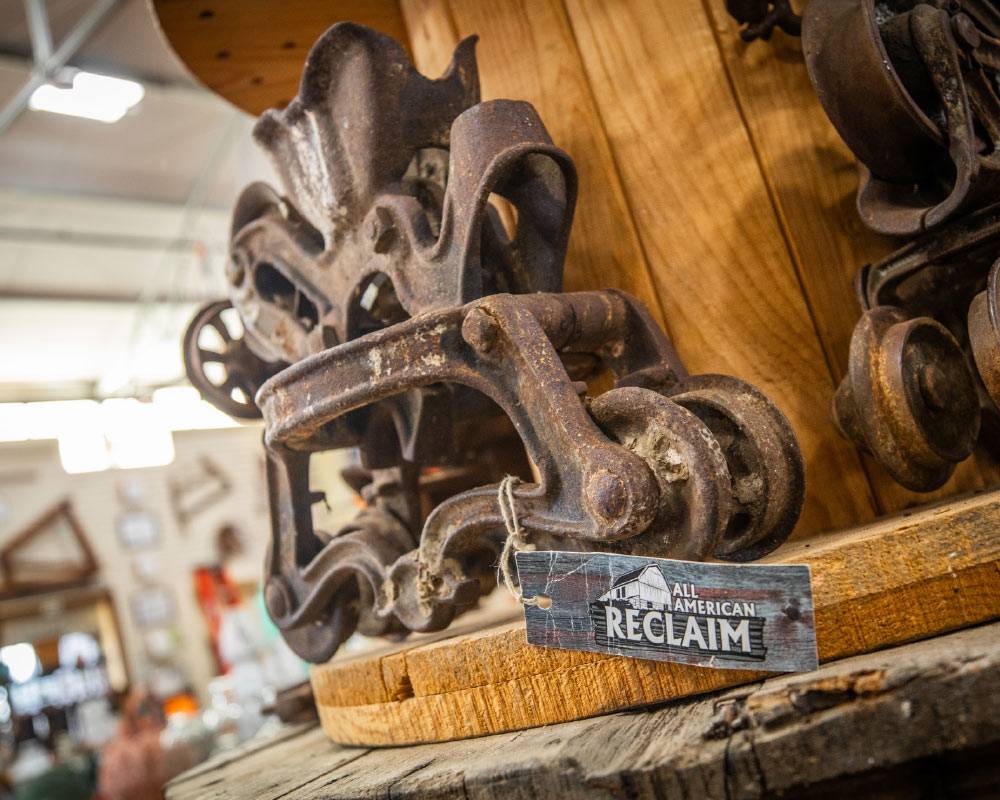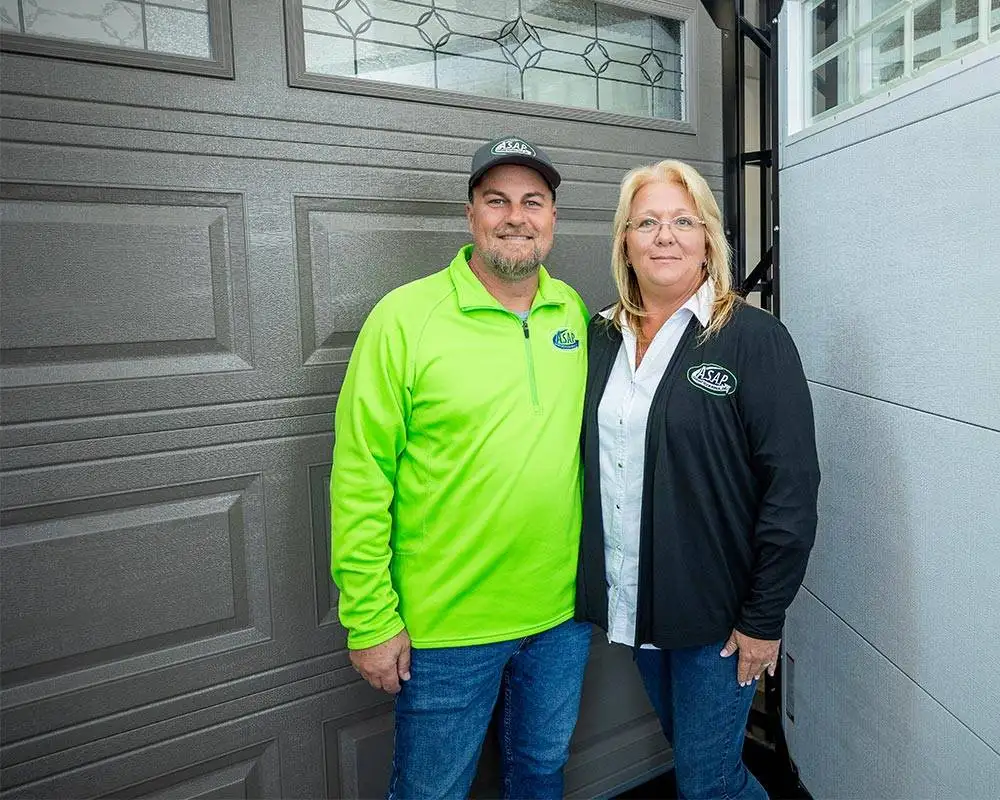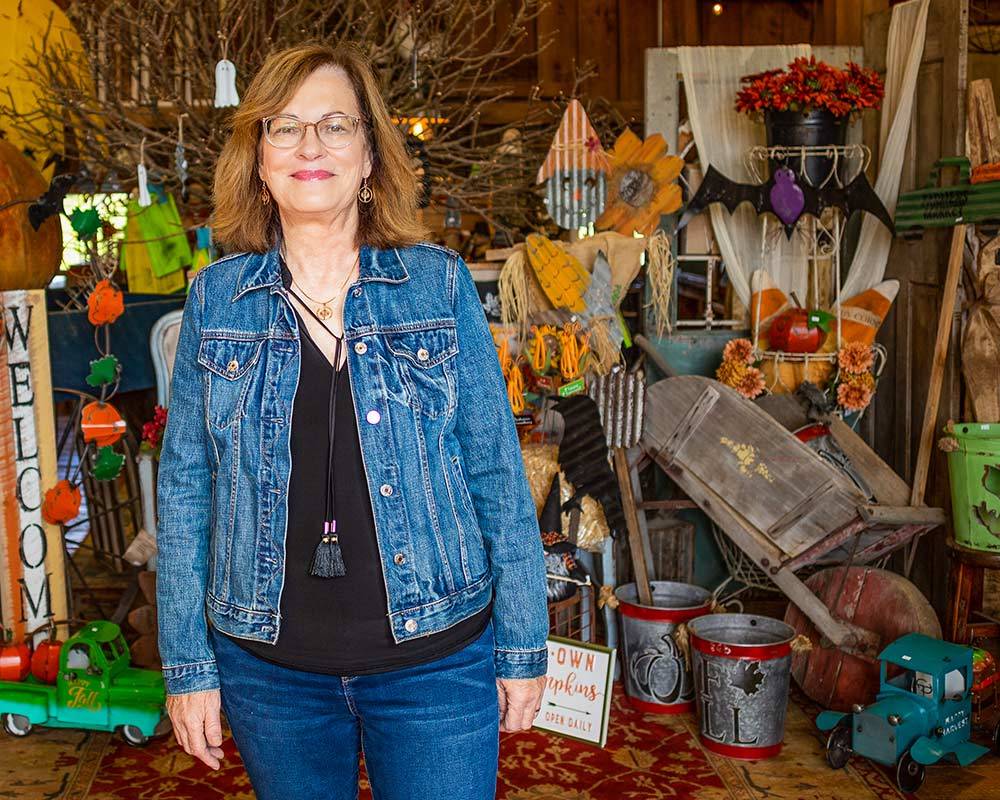Our veterans bring home a heavy weight from the battlefield – a weight that many can’t bear alone. What they find at the BraveHearts horse farm is a path toward healing and a program that gives them the confidence to guide others like them who are searching for peace.

In the small Illinois towns of Harvard and Poplar Grove, military veterans are finding healing through the help of some specially trained horses and a group of dedicated individuals, including some fellow veterans. It’s all part of an equestrian program known as BraveHearts. The nonprofit organization is the nation’s largest equine-assisted services program for veterans and has helped more than 10,000 veterans during its long history.
“It’s a place where camaraderie is paramount,” says Mitchell Reno, an Iraq War veteran who has found support in the BraveHearts program. “The healing power of the horses on vets is one of the most powerful relationships I’ve ever had and have ever seen.”
Reno served in the U.S. Army with an infantry unit and was deployed in Iraq from 2003 to 2004. He was exposed to intense combat on a regular basis and as a result sustained a traumatic brain injury (TBI), Post-Traumatic Stress Disorder (PTSD) and a serious back injury. He also battled alcoholism and is on disability for his service-related injuries. When he started at BraveHearts he was on 14 medications. Today, after years of therapy with the horses and the staff at BraveHearts, he is down to five medications a day and feels he has gotten his life back.
“It changed my life working with the Mustangs there, working with the horses. It brought me back from the brink,” says Reno. “I had attempted suicide four times. BraveHearts extended a hand to me and really helped me out.”
As president and chief operating officer of BraveHearts, Meggan Hill-McQueeney has seen just how effective BraveHearts can be. “Veterans tell us all the time they come to BraveHearts because nothing else worked,” she says. “We know horses have the power to reach veterans and help them. Our job is to make sure we get it right and make the connection between the person and the horse.”
The mission of BraveHearts, according to Hill-McQueeney, is “to bring hope, joy and unlimited possibilities through the healing power of the horse.” BraveHearts’ two farms center around equine-assisted services for people with a diagnosis. This includes children and adults who need physical, occupational, speech or psychotherapy services. Programs specific to veterans involve how to care for, ride, and bond with individual horses. The result brings successful outcomes where traditional psychiatric medications and therapy have had limited results, Hill-McQueeney says.
“Horses have an amazing intuition. They just seem to know what a person needs,” she adds. “I think they help us find our greatness and find the person we all want to become.”
Tyler Waters is one of the hundreds of veterans BraveHearts helps every year. He served in Iraq as a Marine infantryman with the 1st Marine Division in 2004. He was redeployed to Iraq in 2006. The fighting there was “brutal, in-your-face combat,” he says. “Almost every single day we were in contact with the enemy – machine gun fire, rocket-propelled grenades, small-arms fire and improvised explosive devices. We saw it all.”
Waters returned home from the Marine Corps suffering from severe PTSD, a mild traumatic brain disorder, nightmares related to his combat experience and an injured ankle. He was placed on disability for his injuries and sought help from the Veterans Administration (VA), but he says their therapies provided little relief for his emotional pain. Desperate for help, he gave BraveHearts a try.
“Eventually, I talked to my VA counselor, who referred me to BraveHearts,” says Waters. “I knew instantly this is where I needed to be.”
Waters first came to BraveHearts in the summer of 2017. The McHenry County resident and married father of three now volunteers to help other veterans at BraveHearts. He visits as often as four times a week.
“When I’m around horses, all the bad stuff just leaves my mind,” says Waters. “It allows me to be present. It is extremely calming and allows me to relax. You get around a horse and there is a lot to relate to. You need to gain their trust. You have to be a leader with the horse. Being around a horse gives you a purpose of being a leader.”
BraveHearts has 10 full-time employees, 20 part-timers and 12 independently contracted therapists. It’s home to 50 top-flight therapy horses at its two facilities in Harvard and Poplar Grove.
“We are blessed to have an amazing staff and an amazing community of volunteers,” says Hill-McQueeney. “We have a total of about 500 volunteers who support our programs annually.”
“It is like a big family,” adds Waters. “They are very accommodating. Whatever you need, they try to help out. They really are a phenomenal organization.”
BraveHearts, which was established in 2002, provides its services to veterans free of charge. They seek help for a wide variety of concerns, but according to Hill-McQueeney, the ones who receive the most help typically experience traumatic brain injuries, substance abuse, PTSD, back injuries, anxiety/depression and military sexual trauma.
The veterans report improvements in their overall well-being, including increased self-esteem and self-worth, decreased depression and anxiety, an increased ability to trust others, community integration, and a decrease in PTSD symptoms and suicidal ideation.
Army veteran Bill Mercurio served as a combat engineer in Vietnam from 1966 to 1967 and was exposed to mortar and sniper fire during the war. The married father of three turned 80 in August and started volunteering at BraveHearts, but he soon discovered the healing power of the program for himself.
“I discovered how powerful the connection can be between veterans and the horses,” says Mercurio. “There is a comfort level that begins to be established between the horse and the individual. I’ve seen how veterans have been changed for the better by the horses.”
The work of BraveHearts extends well beyond Illinois. The organization’s Trail to Zero program helps to bring attention to the staggering number of veteran suicides that occur every year. Since its start in 2017, Trail to Zero has brought BraveHearts riders to American cities including New York, Chicago, St. Louis and Washington, D.C. Their mission is to show how horse therapy programs like BraveHearts can help veterans and prevent suicides.
This past June, Mercurio was one of six veterans invited to bring BraveHearts’ Trail to Zero mission to Normandy, France. The visit coincided with the celebration honoring the D-Day invasion of France during World War II. The veterans were allowed to ride their horses on Utah Beach, one of the landing sites during the invasion on June 6, 1944.
“I was fortunate enough to go, and I was thrilled to be able to go to France,” says Mercurio. “Two of my uncles and my father served in World War II. I was really interested in seeing some of those places I had read about, and I was blessed to be able to go.”
“The trip was really special,” says Hill-McQueeney, who was instrumental in orchestrating the trip to France and has been the lead support rider on every Trail to Zero ride. “It was great to see the veterans who were selected all being very composed and being able to handle riding a new horse in a new country. It all came together beautifully.”
The riders traveled on horseback June 2 in the town of Deauville, France, and on June 3 they visited Utah Beach. The French communities around Normandy provided horses and support.
“It was amazing,” says Mercurio. “Everybody was more than generous in helping us to accomplish whatever we needed.”
“The Normandy people were totally thankful,” adds Reno, who also made the trip. “They know what it is like to be freed from an occupying army. They appreciate what Americans did for them.”
The BraveHearts veterans rode along with four Royal Marines from the United Kingdom. For many of the veterans, the ride on Utah Beach was emotional.
“My grandfather served in World War II at Normandy with the 4th Infantry Division,” says Reno. “I find it hard to put into words. It healed a part of me. I got to be on some of the same ground that he was on, and I got the chance to honor him.”
“This was astonishing,” says Mercurio. “There were moments when it was emotional. Imagine what it was like to go through that withering fire of the machine guns. We were right at the water’s edge as we rode. To see how well fortified those beaches were, those guys had to have incredible courage to be facing that and to go forward.”
Approximately 1,000 veterans are served each year at BraveHearts, and not a single one pays a penny for services.
“Our funding comes through grants, fundraisers donations and campaigns to raise funds,” says Hill-McQueeney. “We are blessed to have an amazing community.”
To learn more about BraveHearts and how you can assist in their mission of helping Veterans to heal, visit their website at braveheartsriding.org.
With the help of their supportive community the miracle of healing will continue to take place throughout the BraveHearts program, helping veterans to reclaim their lives.
“Words can’t describe what it’s like when you are having a bad day, and you are in tears and that horse puts their head on your shoulder. It’s just such a comfort,” says Waters. “BraveHearts has made me a better person. When it is 3 a.m. and the demons come, it gives me a reason to hold on, to look forward to being with the horse. It gives me hope. It has made me a better person.”
Honoring Jeff Smith, a Belvidere Vietnam Veteran
On Aug. 12, 2023, a Vietnam War veteran who was killed in action was honored by his hometown for his sacrifice and his service. The ceremony, arranged by Belvidere Mayor Clint Morris, took place at Belvidere Veterans of Foreign Wars, Post 1461 with close to 100 people attending, including surviving members of Jeff Smith’s family. He is the only known resident of Belvidere to have died while serving in Vietnam.
“I want to say thank you to everyone who came out today,” Smith’s older brother, Jedwin, said at the ceremony. “Our family is greatly honored. I’m speechless.”
Jedwin is a former Marine who also served in Vietnam. He wrote the book “Our Brother’s Keeper” about the death of his younger brother and the devastation it caused his family.
Jeff put aside his anti-war sentiments and joined the Marines in July 1967, much to his family’s surprise. Four months later, he was sent to Vietnam to serve in Foxtrot Company, 2nd Battalion, 4th Marine Regiment, 3rd Marine Division. On March 7, 1968, while on patrol near the village of Mai Xa Thi in the Quang Tri Province of South Vietnam, Jeff was killed during an ambush by the Viet Cong.
“Jeff is my best friend and has been since that horrible day in Vietnam,” Jedwin said at the recent ceremony. “Fifty-five years ago Jeff died, but he’ll live forever in my heart.”
Morris came up with the idea for memorializing Jeff Smith and helped arrange the ceremony. A major part of the memorial was renaming one of the major streets in Belvidere from Logan Avenue to Jeff Smith Memorial Avenue.
“Vietnam veterans, as we know, were not welcomed home on their return very graciously,” says Morris. “I always thought that was wrong. Jeff was one of the 58,318 service members who lost their lives, and I thought we should memorialize him. So, we have.”
After the ceremony, Jedwin expressed how thankful he was to Morris and the entire community for recognizing Jeff, adding that it would help the family to heal emotionally. He thinks his brother would have been surprised by all of the attention.
“Jeff would be smiling from ear to ear,” says Jedwin. “He didn’t have an ego. He’d be tickled, but he’d also be saying, ‘What’s the big deal?’ I know he would have been honored.”
About the Author
Robert Randall Ryder is a former Marine sergeant who served in Operation Desert Storm and was awarded the Joint Service Achievement Medal for his service as a Marine Corps Combat Correspondent and broadcast journalist with the Armed Forces Desert Network. He is a lifetime member of the Marine Corps Combat Correspondents Association and has received numerous awards for his work, including Best Television News Story and Best Radio News Story.
The author’s father served as a sergeant in the U.S. Army with the First Cavalry during World War II, fighting in the jungles of New Guinea and the Philippines, triggering Ryder’s interest in the military and the men and women who fought in our armed forces.
Ryder worked as a senior reporter and substitute news anchor for WTVO, the ABC affiliate in Rockford, for almost 20 years and is the former Superintendent of the Veterans Assistance Commission of Boone County, a local agency dedicated to helping veterans and their families in need. He has had numerous articles concerning military history published in local and national magazines.













